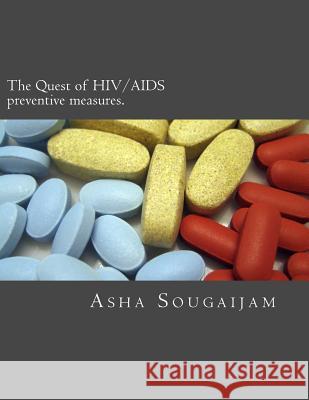The Quest of HIV/AIDS preventive measures. » książka
The Quest of HIV/AIDS preventive measures.
ISBN-13: 9781519643896 / Angielski / Miękka / 2015 / 316 str.
HIV/AIDS infections are transmitted mainly through behaviour which is private, secret and often hidden. As such, the infection or even the suspicion of infection leads to stigma and discrimination. Discrimination practices have targeted persons that are subsumed under "high-risk" groups (like prostitutes, drug-users and homosexuals). These persons are categorised according to the presumed risk that they are identified with. Such categorisation not only challenges the rights of the individuals but the categorised persons are also victimised under the guise of preventing HIV/AIDS. This undermines efforts to reach these persons and seek their active cooperation in the fights against HIV/AIDS. In order to prevent the spread of this disease various welfare organisations and programmes have also been set up by the Government Organisations. But setting up of the project alone will not help, until and unless we all participate in fighting against the cause of prevention of HIV/AIDS. If we want to set up a HIV/AIDS free society, every one of us should join hands and make a little effort to remove the roots of this dreadful disease from the threshold of our society. The study is confined to the role of government organisations of the high prevalence states- Karnataka and Manipur. Finding funds to fight HIV/AIDS is a serious problem in both the states because the potential costs are staggering. On one hand, diverting funds from other problems to HIV/AIDS control may distort health priorities, while on the other hand, if proper funds are not made available, the economic consequences may be more devastating. The efforts made so far in dealing with the HIV infection/AIDS epidemic cannot be described as totally inadequate and certain issues can be faced socially by creating the required social environment and providing certain social services.
Zawartość książki może nie spełniać oczekiwań – reklamacje nie obejmują treści, która mogła nie być redakcyjnie ani merytorycznie opracowana.











